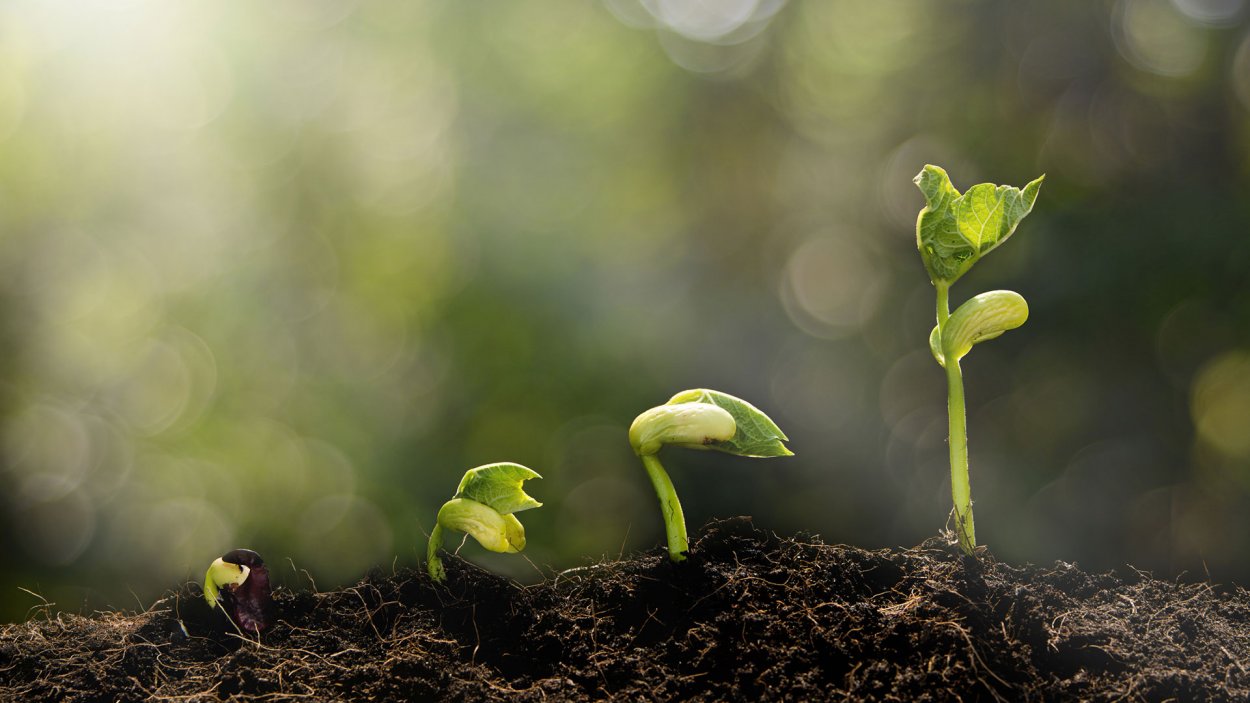Dr. Haider Alvi explains how social impact investing aims for a balance between social change and financial returns
When it comes to investing, many people want to make the world a better place with their money, but don't necessarily know what the right investments are.
Dr. Haider Alvi, assistant professor of innovation finance at Athabasca University, has a personal connection to social impact investing. Alvi is the son of Pakistani immigrants to Canada and was also an investment banker in emerging markets. This experience informs his interest and research on social impact investing, which he spoke about recently on CTV Morning Live in Calgary.
"Something I always tell my colleagues at AU," says Alvi, "is that rather than looking at local people as charity recipients, let's aim to establish them as partners on equal footing."
What is social impact investing?
Social impact investing is when an organization or person tries to create meaningful social change alongside financial returns. It's not just about making money but trying to make the world a better place.
Research on social impact investing is important, Alvi says, because it is a huge market globally. There is a lot of money at stake and social impact investing is estimated to be worth over US$700 billion per year. Some 77% of the investment firms are based in wealthy Global North countries, while 69% of that capital is being directed to Global South economies.
Alvi's research shows that an increasing number of investors from Global North countries attempt to try to do good in poorer, marginalized Global South countries. However, they don't necessarily consider some of the challenges before investing.

3 things to consider before undertaking social impact investing
Alvi says there are three things people should be aware of before they start social impact investing.
1. Evaluate the 'why' behind your interest in social impact investing.
Is it about you or the people that you're trying to help? Get clear on your personal intentions and motivations behind your desire to be a part social impact investing.
2. Consider the larger context.
Coming from a Global North country, a person is a piece of a larger historical system that has extracted wealth and resources out of the Global South with dire consequences for the local people. It might seem like the investing will help locals, but it could be making things worse.
3. Think critically about who really benefits.
Is the social impact investing opportunity working directly with the people that it is supposed to be helping or are there intermediaries who are brokering the opportunity? Are the beneficiaries at the decision-making table and involved?